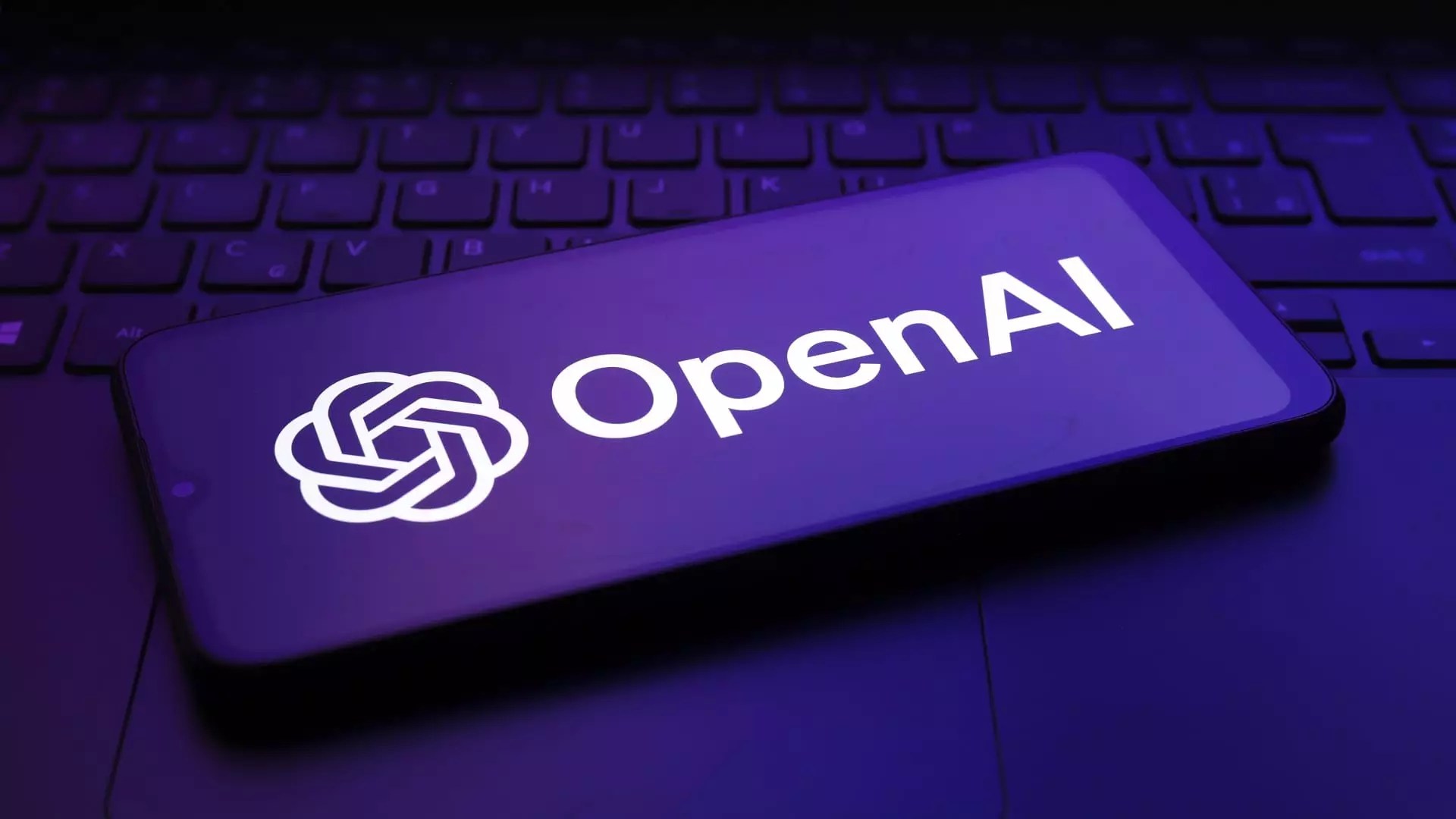In a somber episode for the tech community, the death of 26-year-old Suchir Balaji, a former researcher at OpenAI, has sparked a myriad of discussions surrounding mental health, technology ethics, and the responsibilities of AI companies. Found deceased in his San Francisco apartment, Balaji’s passing was ruled a suicide by authorities, a revelation that raises numerous questions not only about his life but also about the environment at OpenAI, especially considering his vocal concerns regarding the company’s practices prior to his departure.
Having left OpenAI earlier this year, Balaji publicly expressed his apprehensions regarding the company’s alleged infringement of copyright laws in the development of its widely popular ChatGPT chatbot. His concerns were serious enough to warrant media attention, as outlined in an October article in The New York Times. Balaji posited that the deployment of engagement-driven AI like ChatGPT could pose an existential threat to the creators of digital content, contending that the vast quantities of data mined from their works would ultimately devalue their contributions.
The notion that AI systems, particularly chatbots, could undermine the economic viability of content creators has significant implications. As AI continues to evolve, raising ethical considerations becomes paramount. Balaji not only recognized these risks but advocated for personal accountability, saying, “If you believe what I believe, you have to just leave the company.” This plea reflects a deep-seated unease within an industry that is rapidly advancing but often lacks moral oversight.
OpenAI’s reaction to Balaji’s untimely death underscores the emotional weight of such a tragedy. A spokesperson from the company expressed devastation at the loss of Balaji, extending condolences to his loved ones. Such sentiments are commonplace in the aftermath of a tragedy, yet they often ring hollow when weighed against corporate accountability. OpenAI is engulfed in ongoing legal disputes with several publishers and creators, accused of leveraging copyrighted material for AI training without proper compensation or consent. This legal quagmire not only speaks to the ethical dilemmas within the AI industry but also highlights the urgent need for reforms in how intellectual property is managed in relation to AI technology.
Balaji’s situation serves as a stark reminder of the mental health challenges that can accompany labor in high-stakes tech environments where ethical considerations may take a back seat to innovation. The balance between progress and responsibility grows ever more precarious as companies push the boundaries of what AI can achieve. Concurrently, the societal implications of these technologies loom large.
As AI continues to integrate into daily life, questions about the rights of content creators, the morality of data usage, and the mental health resources available to researchers must take center stage in discussions about the future of technology. Balaji’s tragic death highlights not only the perilous nature of unregulated AI advancements but also the urgent need for a more conscientious approach within the tech industry, prioritizing human well-being and ethical practices above all else.


Leave a Reply